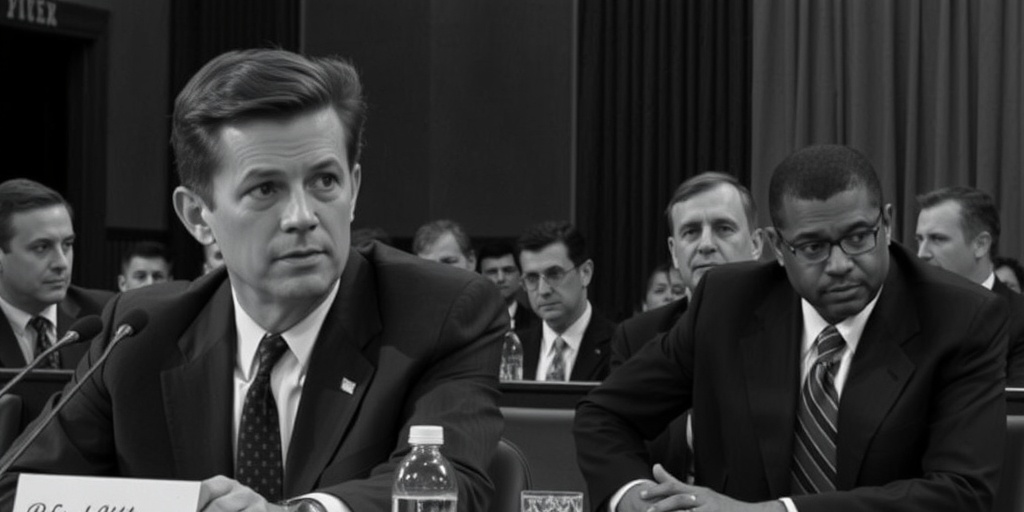Now Reading: N.Y. Protects Doctors Sending Abortion Pills to Banned States
-
01
N.Y. Protects Doctors Sending Abortion Pills to Banned States
N.Y. Protects Doctors Sending Abortion Pills to Banned States

New York Strengthens Legal Protections for Healthcare Providers Amid Abortion Access Battles
In a significant move, New York Governor Kathy Hochul signed a pivotal bill on Monday that provides enhanced legal protections for the state’s healthcare providers facing potential prosecution in states that have enacted stringent abortion bans. This legislative action marks a response to the growing tension between states that restrict abortion access and those advocating for reproductive rights.
The urgency of this bill was underscored by the recent indictment of Dr. Margaret Carpenter, a New York physician, in Louisiana for prescribing and distributing abortion pills. This case exemplifies the escalating conflict between predominantly Republican-led states, which have tightened abortion laws, and Democratic-led states, like New York, that aim to protect and expand access to reproductive healthcare.
As part of the newly signed law, healthcare practitioners can now choose not to disclose their names on prescriptions for abortion medications. Instead, they can use the names of their medical practices. Governor Hochul emphasized that the intention behind this law is to protect providers’ identities and shield them from the legal repercussions that may stem from anti-abortion measures in various states. "Other states want to target, harass, scare, intimidate doctors and patients," said Hochul during a press conference, asserting that New York’s values stand in stark contrast to such practices.
This legislation enhances New York’s existing telemedicine abortion "shield law," which prohibits state authorities from cooperating with prosecutions or legal actions initiated by other states against New York abortion providers. New York joins a group of eight states that have enacted similar protective measures, recognizing the importance of ensuring access to abortion services, especially as the distribution of abortion pills across state lines has become a critical means of supporting women in states with restrictive laws.
Since the Supreme Court’s decision to overturn Roe v. Wade in 2022, approximately a dozen states have implemented near-total bans on abortion, while many others have set strict limits on the timeframe within which women can seek these services. The fabric of legal and social attitudes surrounding abortion in the United States continues to shift dramatically, and as this landscape evolves, states like New York are positioning themselves as bastions of reproductive rights.
The case involving Dr. Carpenter was particularly troubling, as it highlighted the precarious situation many healthcare providers find themselves in. She faced criminal charges for "criminal abortion by means of abortion-inducing drugs," alongside her medical practice. Additionally, she has been embroiled in a civil suit launched by the attorney general of Texas for allegedly providing abortion pills to a 20-year-old woman in that state.
Governor Hochul has committed to exploring further measures to bolster New York’s protections for healthcare providers. She stressed the necessity of ensuring that pharmacies comply with the new labeling regulations, reinforcing the law’s intent to safeguard medical professionals from unwarranted legal scrutiny.
State Senator Michelle Hinchey, a Democrat and friend of Dr. Carpenter, voiced her support, stating that Carpenter is "doing the hard work right now, standing up for the rights of people in other states that are losing their autonomy." This sentiment resonates with many advocates for reproductive rights who argue that the current climate presents a serious threat to personal freedoms, particularly for women and healthcare providers.
The charges against Dr. Carpenter were not isolated, as Louisiana law enforcement officials have also pursued legal action against the mother of the teenager who ingested the abortion pills, alleging that the minor was coerced into the decision. Governor Hochul expressed skepticism regarding these claims, suggesting it may be a tactical "Republican distraction" amid a broader debate on abortion rights.
Hochul’s comments highlighted a disturbing trend in which healthcare providers are subjected to intimidation and threats in conservative states. "Doctors have been stopped, some receiving death threats, and in deeply conservative states, they weaponized the courts against providers," she remarked. Hochul also pointed out the intensity of the legal threats, mentioning attempts to strip New York doctors of their medical licenses and even charging them with murder in extreme cases.
As tensions continue to mount in the U.S. regarding reproductive rights, New York’s recent legislation may serve as a crucial beacon for healthcare providers, reaffirming their ability to offer essential services without the looming fear of legal consequences from more restrictive states. The clash between differing state policies on abortion is far from over, but New York’s proactive stance represents an essential defense of reproductive healthcare in the current contentious environment.
Stay Informed With the Latest & Most Important News
Previous Post
Next Post
-
 01New technology breakthrough has everyone talking right now
01New technology breakthrough has everyone talking right now -
 02Unbelievable life hack everyone needs to try today
02Unbelievable life hack everyone needs to try today -
 03Fascinating discovery found buried deep beneath the ocean
03Fascinating discovery found buried deep beneath the ocean -
 04Man invents genius device that solves everyday problems
04Man invents genius device that solves everyday problems -
 05Shocking discovery that changes what we know forever
05Shocking discovery that changes what we know forever -
 06Internet goes wild over celebrity’s unexpected fashion choice
06Internet goes wild over celebrity’s unexpected fashion choice -
 07Rare animal sighting stuns scientists and wildlife lovers
07Rare animal sighting stuns scientists and wildlife lovers




















